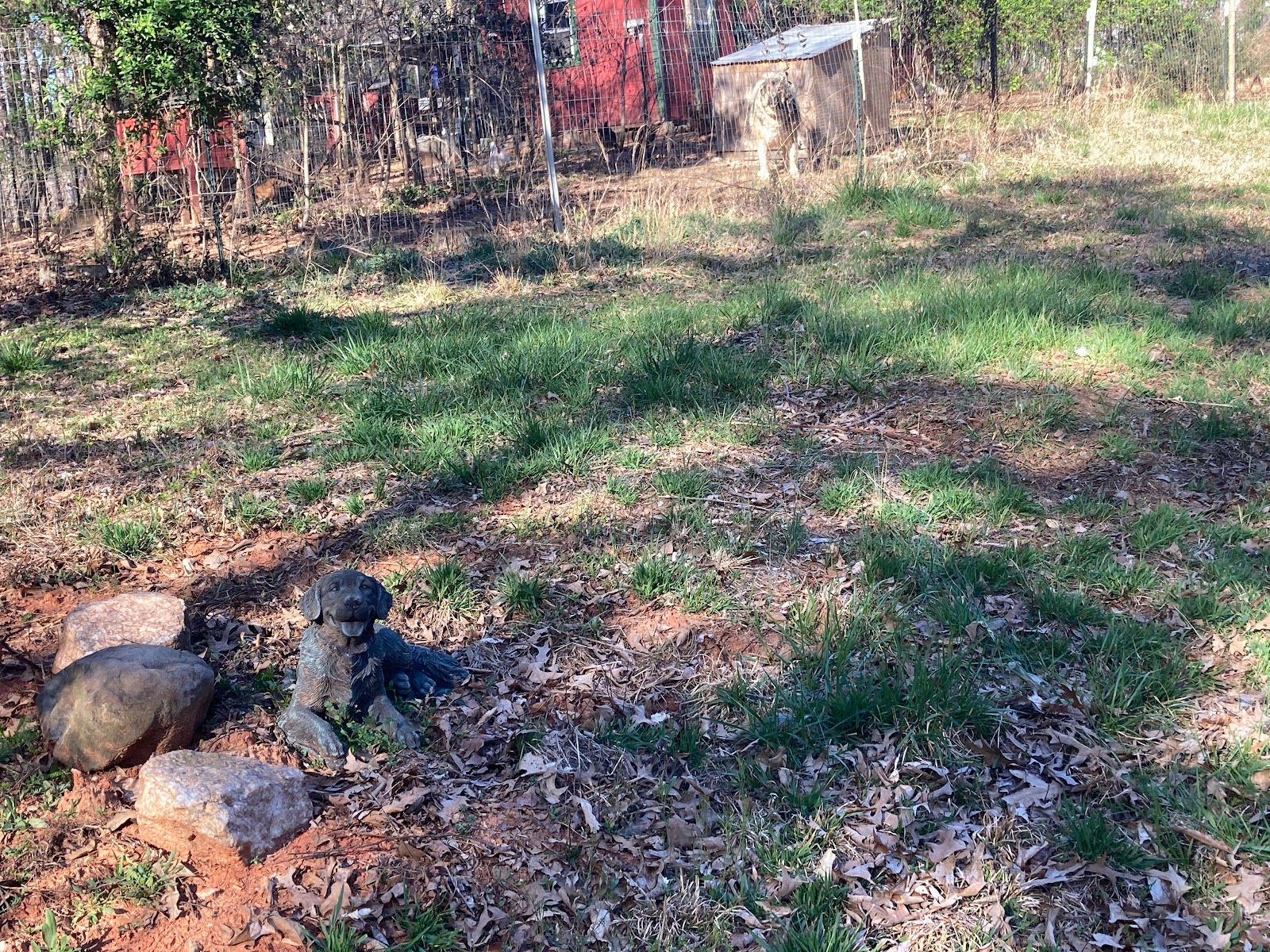No, I don't mean the Victorian-Era poem by Felicia Hemans. I doubt many of you have ever heard of "Casabiana," but it was once very popular. It's maudlin stuff today, dreadfully melodramatic to modern ears, or perhaps we are simply too jaded and declined as a culture to appreciate the poet's sentiments. Maybe I'm a barbarian, but I begin to see where Mark Twain got his "Ode to Stepehen Dowling Botts, Dec'd." I stand with Sam Clemens when it comes to hating Victorian verse of the popular sort.
In any case, for Hemans' tale of the doomed lad, I had never been forced to memorize it in school, as had earlier generations. We instead learned the much more durable "Ozymandias" and a few of Poe's poems by heart. For that kid on the flaming ship, I simply knew the line I've used as my title because these past few weeks, I've lived it. The heat broke, for which I'm thankful, but so did a wooden deck in several places.
The past several days have been consumed with removing rotten boards from our rental property's deck. Buried nails, likely from the 1990s, prove hard to exhume, and then I must plane some of the replacement boards down to fit into the empty spots. Of course installation proves a snap, as I use a screw-gun and star-headed screws I can back out later with ease, when--not if--more repairs need doing. I like these new coated screws; while they are not cheap, they hold up. I've backed out and reused several that still look new and do not round off like Philips-head screws can do. I stain all sides of the board too. Rot creeps in from any angle.
At the end of each session, sore to the bone, I am reminded why I despise wooden decks. Why did they get so damned popular? I share a theory espoused by, among others, Western Doughty, that Americans retreated from their front porches after the 1960s. I was lucky enough to grow up in the last years when, on a blue-collar block in Richmond before AC was common, all the neighbors would sit on the porches on hot nights. When you strolled down the street, greetings got exchanged.
It was no utopia; the dark side was that everyone knew your business. Still, the nation could have done better than treated wood, when we retreated to our back yards.
Wooden decks require the constant maintenance that a sailing-ship needs, lest someone fall through the deck and into oblivion. I've found that heavy, solid penetrating stain works well enough, as it has for a fence I rehabilitated at our rental property, but decks, by their nature, get a lot of traffic. The one at our rental house, for now at least, bakes in the sun. I plan to change that with a strategically planted Willow Oak this Fall.
The issue with decks of treated wood (were I forced to build from scratch, I'd use the new composite decking) is dry rot. We know that term, but I began to think about what it means on a deck. Here's an explanation for boats, from the Wikipedia page on dry rot (yes, they have a page for everything):
An explanation of the term "dry rot" circles around boatyards periodically. In the age of wooden ships, boats were sometimes hauled for the winter and placed in sheds or dry dock for repair. The boats already had some amount of rot occurring in the wood members, but the wood cellular structure was full of water making it still function structurally. As the wood dried out, the cell walls would crumble. In other words, the wood was already rotten and as the boat dried, the wood collapsed and crumbled, causing the workers in the yard to determine it was "dry rot", when in fact, the wood had been rotten all along.
Even with good penetrating stain, dry rot happens to decking in time, because water will find a way into a crevice and sit. Cycles of drying and wetting just give dry rot more chances to begin; fungus follows, invisibly, into the hearts of each board. Think of how cavities form on your own teeth. For decks, what may look great may leave your leg broken when you fall through a big, new hole in a seemingly intact board.
I do like one aspect of repairing decks: Whenever I do a rehab, I clog around in my "Jed Clampett" Redwing boots to see which boards are bad. Breaking a board or two is great fun. Replacing them? Not so much.
Save yourself. Use composite boards or build a damned patio!
As with horses, sailboats, swimming pools, or lots of vices I cannot name here, it's better if a friend has a wooden deck. No, that is NOT my deck up top. It's from the Wikipedia page.


























